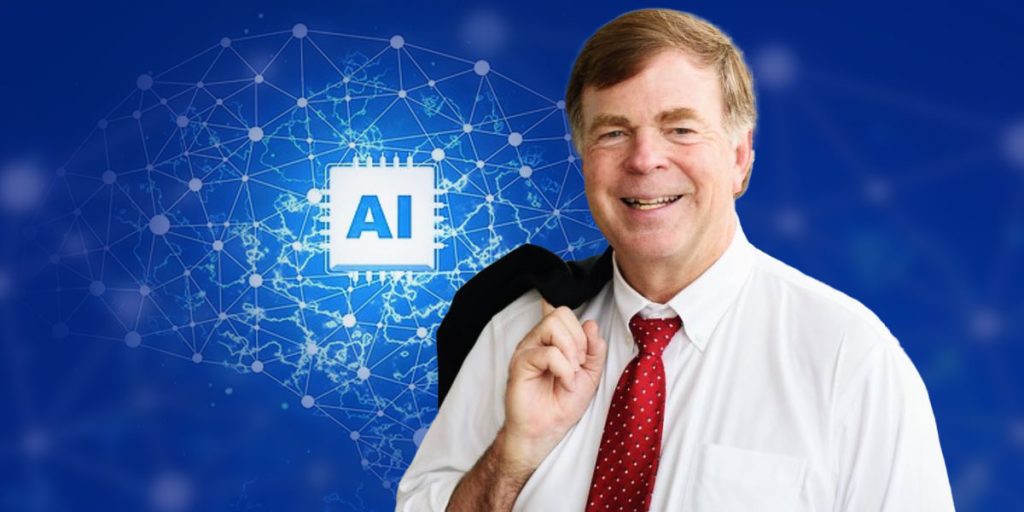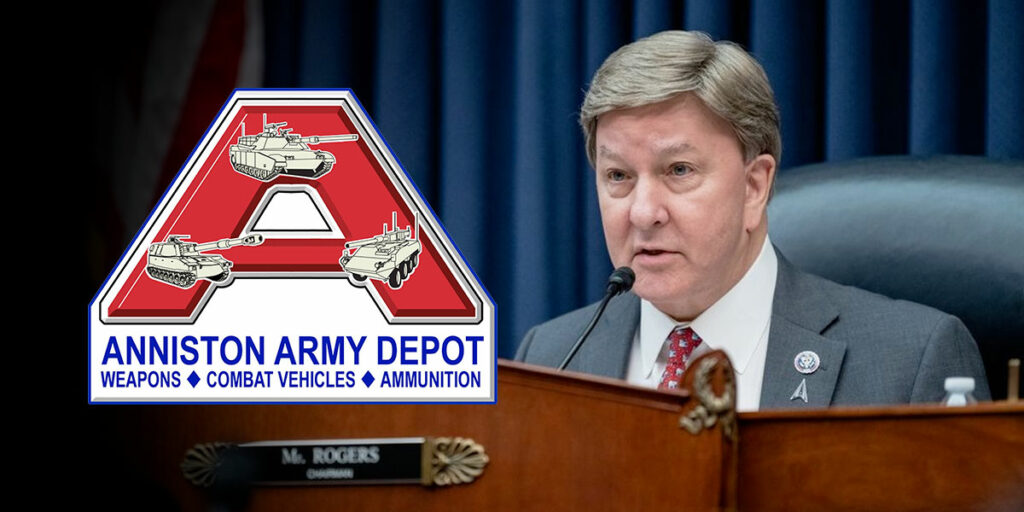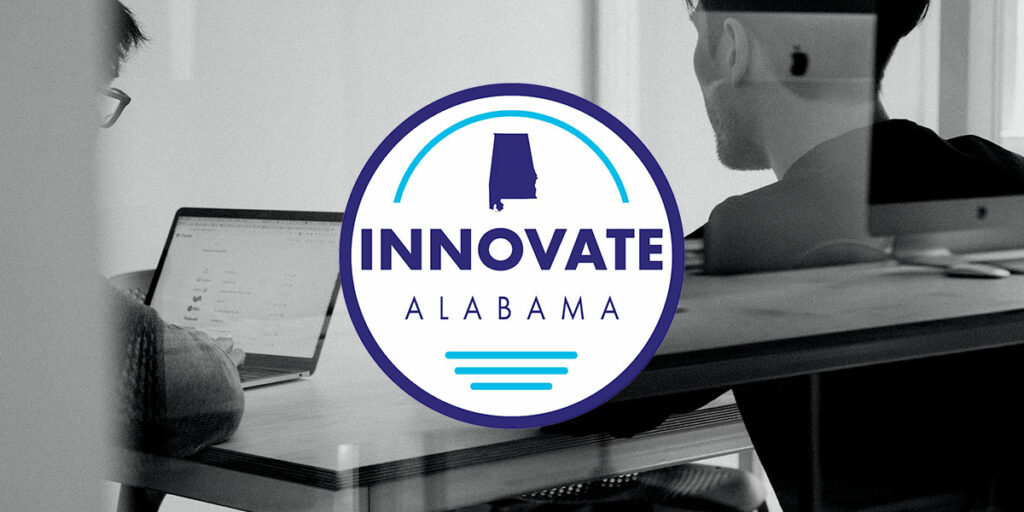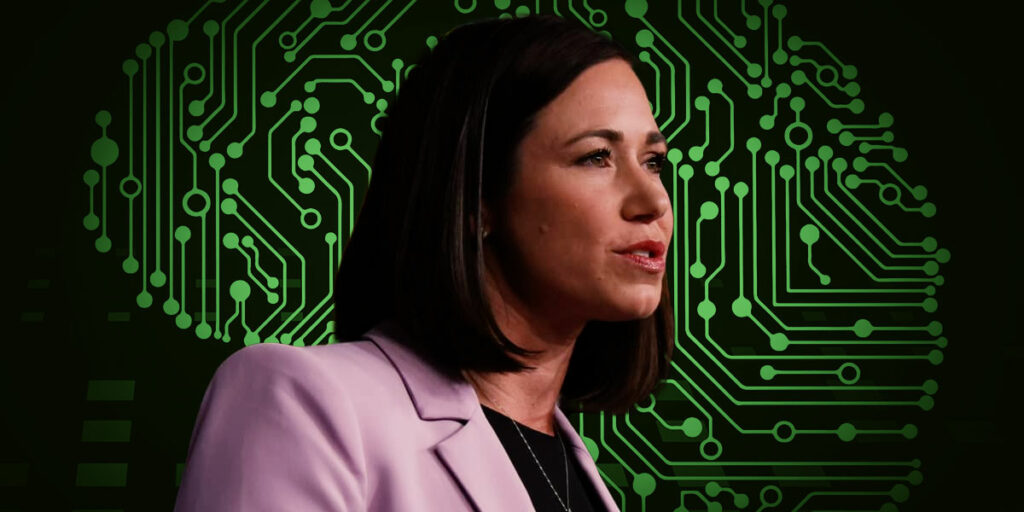It’s new technology unlocking a new world. How much do you understand artificial intelligence? How much should you understand it? Is it good or bad? And how can it be used to make our lives smarter or more efficient?
As this new world emerged and those questions surfaced, Mayor Tommy Battle sought answers. He launched the Mayor’s AI Task Force in December 2023, and now, into its second year, the group is pushing to keep the city on the cutting edge.
It came about following the Redstone Update, the annual meeting of stakeholders at Redstone Arsenal. From NASA to the FBI to Army Materiel Command, presenters spoke of how AI impacted their work and plans for the future.
“Mayor Battle said, ‘We need to get ahead of this AI technology. We need to put some focused attention on this,’” said Lynn Troy, president of Troy7 Inc. and co-chair of the Mayor’s AI Task Force along with Jeff Gronberg, CEO of deciBel Research.
Battle quickly identified Troy and Gronberg to lead the group and sought immediate progress.
“He challenged us,” Troy said. “This was December, and he said, ‘By the end of January, I want you to have assembled a group of stakeholders and not just across the arsenal. Include medicine, entertainment, marketing, finance, legal. Bring them all together. You tell me who the right people working in this space are, and we’re going to meet monthly. Go!”
Task force work soars
In a place like Huntsville with the high-tech, highly educated workforce, it’s no surprise that the work of the task force moved at lightning-like speed. And while AI may best be known for learning your likes and preferences, the task force work soared to higher levels.
It’s added up to about 100 members on the task force from 40 organizations in Huntsville.
“When we started off, it was really two prongs,” Gronberg said. “It’s workforce and, how can we use AI to become more efficient as a community? The first thing we did was perform a SWOT (Strengths, Weaknesses, Opportunities, Threats) analysis for the community. Based on that analysis, we formulated six committees: workforce, law and ethics, STEM (Science, Technology, Engineering, Mathematics) and STEM recruiting, education, community engagement and capital.”
That’s a lot of smart work being done by a lot of smart people at a point in time when AI is here to stay. But what exactly does that mean, and how does it fit into society? Your music streaming service identifying what types of tunes you prefer is one thing. But how much is too much?
“There’s a huge bit of unknown still in the AI space about the legal implications and ethical implications of employing AI,” Gronberg said.
An example?
“There’s a huge discussion over the ethical use and the explainability of it,” Gronberg said. “Like most simple algorithms, you can have some type of mathematical explanation as to why it achieved ‘X.’ With AI, it’s much more difficult. So the explainability and the ethics piece becomes incredibly important.
“We wanted to make sure that our task force was staying up to date on what’s going on from a legal and ethical standpoint so that we’re not doing things outside of the legal norms that are being established for AI that is happening at a very rapid pace.”
Real-world impact
Beyond those theoretical discussions, it’s making a real-world impact in Huntsville. The task force’s education committee began working with the Huntsville City, Madison City, and Madison County school systems to establish AI standards for students.
“They found wildly disparate applications of how AI was being used just in our three school systems here,” Troy said. “And trying to get them to all come to one common application of how to use AI in the classroom has been a challenge. But it all goes back to the legal and ethical issues. Some say, ‘Oh, AI is all fake, and it’s no use in the classroom. The kids should do it all.’ Some are embracing it wholly. It just depended on the system and on their leadership interpretations. So we’ve been trying to help them shape a policy on how to safely use AI in the classroom legally and ethically.”
Understand that’s just an example, and the AI conversation is seemingly boundless. But having these conversations and enhancing understanding drives the task force’s mission.
“A lot of kudos to Mayor Battle for always thinking ahead about what we need to do,” Gronberg said. “He’s done Energy Huntsville and Geo Huntsville, and Cyber Huntsville. As soon as he recognized this is a new emerging technical field that we need to get on top of, he popped right on it and got this task force in place. A lot of credit goes to him. You get a lot of participants when the mayor asks.”
Paul Gattis is a Communication Specialist for the City of Huntsville.













